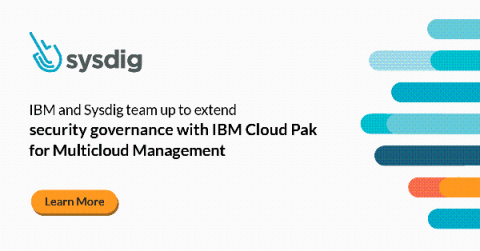Building a Circuit Breaker in Node.js (Part 2)
Welcome to Part 2 in our series on building your own circuit breaker in Node.js. In Part 1, Building a Circuit Breaker in Node.js, we built a starter version that handles the core states of a circuit breaker. In this article, we will add configurability, manual overrides, and fallback request support. You can find the complete code for each example here.






